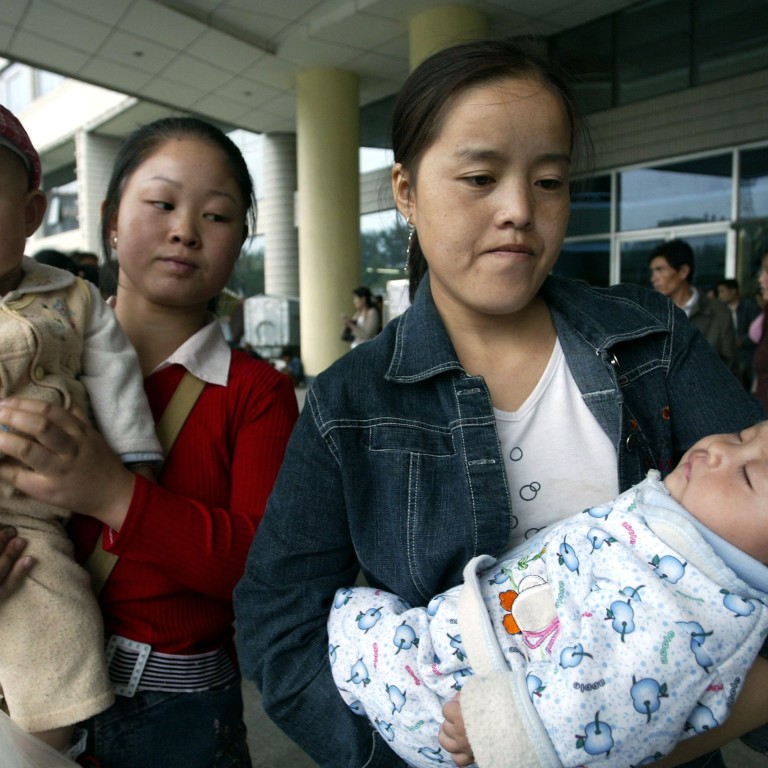
Pollutants' effect on infertility rates in China to be examined
Study of link between chemicals and rise in number of women unable to bear children
A group of mainland scientists plan to launch a national study next year to help determine whether the country's widespread pollution may be responsible for rising rates of infertility.
The lead researcher, Zhang Jun, said the study would focus on how organic pollutants that disrupt the human hormone system - called endocrine disruptors - are affecting women's fertility, the Caixin website reported.
Zhang told the yesterday that the study would be the first large-scale, systematic investigation into the relationship between environmental disruptors and female infertility in the country.
The infertility rate among all Chinese of childbearing age rose to 12.5 per cent in 2010 from just 3 per cent two decades earlier, according to a Xinhua report in December. More than 40 million have been diagnosed with infertility nationwide.
While some experts believe that 70 per cent of female infertility and 50 per cent of male infertility are the result of unhealthy lifestyles, others suspect that environmental conditions may also play a role.
The study, which has been sanctioned by the Ministry of Science and Technology, would be a joint project involving Nanjing Medical University, Zhejiang University, the Chinese Academy of Sciences and Shanghai Jiao Tong University.
A nationwide study examining the effect of endocrine disruptors on male infertility was conducted several years ago.
Zhang's team will study the levels of some 20 kinds of hormone-disrupting chemicals in women's blood and urine and ask subjects to answer questionnaires. The study would last for five years, Zhang said.
"We can't check every kind of environmental endocrine disruptor so we chose to focus on the chemicals which are used widely in our everyday life, such as pesticides, bisphenol A, plasticisers and some new material used in clothes," Zhang said.
"New chemicals appear in our lives every day, and the problem is that we don't know if these new chemicals will pose risks to our health," he said. "So our study will be significant in providing evidence to prove if these chemicals are harmful. And based on that we can make our policies to prevent any hazards from such environmental pollution."


